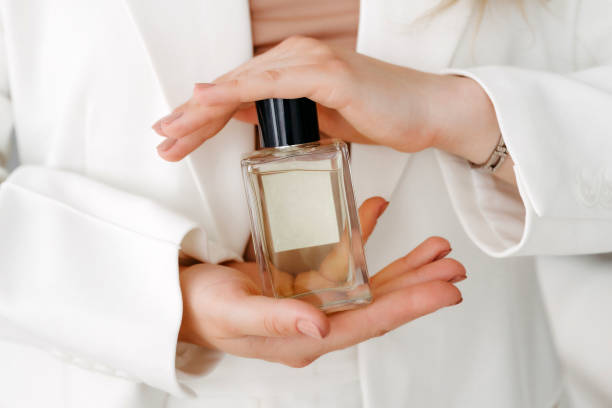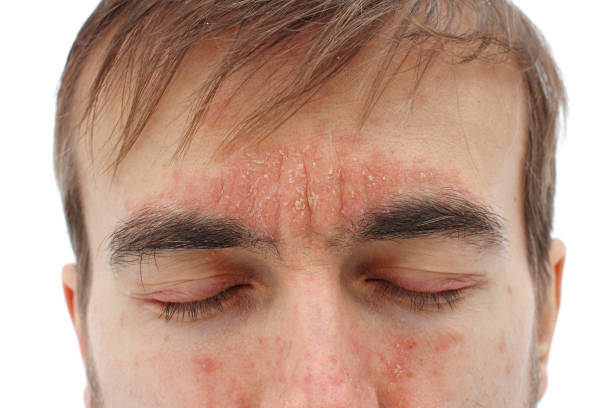
It is common for sensitive skin types to struggle with skin care products. (See Amazon)
But there are many misconceptions about sensitive skin that aren’t backed up by science.
This article will debunk some of the most common myths about sensitive skin, and provide some helpful tips for those who suffer from this condition.
Myth: Sensitive skin is only caused by external factors.
When we think of sensitive skin, it’s easy to assume that it is caused by external factors such as over-exfoliation, allergies, or too harsh of a cleanser.
While these can definitely contribute to sensitive skin, the truth is, sensitive skin can also be caused by internal factors such as genetics, hormonal imbalances, or even stress and anxiety. (See Amazon)

Myth: People with sensitive skin should not exfoliate.

Many people believe that exfoliation is a big no-no for sensitive skin types.
However, when done correctly, exfoliation can actually help to improve the symptoms of sensitive skin.
When exfoliating the skin, it is best to use gentle grainy exfoliating products (See Amazon) that won’t damage or irritate the skin.
Sensitive skin types should also avoid over-exfoliating, as this can lead to further irritation.
Myth: Sensitive skin types should only use natural products.
There is a common belief that sensitive skin types should only use natural or organic skincare products (See Amazon) because they are less likely to cause irritation.
While it’s true that natural products generally have less harmful ingredients, the truth is that sensitive skin types need to look for the cause of their sensitivities, rather than the source.

Myth: Sensitive skin cannot be treated.

It can be disheartening to hear that your skin condition is untreatable, but it’s simply not true.
There are many different treatments available for sensitive skin.
For example, using a gentle, non-irritating moisturizer (See Amazon) can help to soothe the skin and reduce redness. (See Amazon)
Additionally, prescription lotions or oral medications may be used to help control the symptoms of sensitive skin.
Tips for Care of Sensitive Skin:
So now we know some common myths about sensitive skin, let’s talk about care. Those with sensitive skin need to be extra cautious when it comes to their daily skin care routine. Here are some tips for care of sensitive skin:
Always Test New Products
It’s important for those with sensitive skin to test new products (See Amazon) before using them all over their face.
Apply a small amount of the product to a small area on your face and wait for a reaction.
If there is no irritation, the product is likely safe to use.

Avoid Harsh Ingredients

Look for skincare products that contain gentle ingredients. (See Amazon)
Harsh chemicals, such as alcohol, can lead to further irritation for those with sensitive skin.
Similarly, it’s best for those with sensitive skin to avoid products with fragrances, preservatives, or dyes.
Protect Skin from the Sun
Sunburns can cause major irritation for those with sensitive skin, so it’s important to always wear sunscreen.
Look for a broad-spectrum sunscreen (See Amazon) with an SPF of at least 30 and avoid products that contain fragrances, parabens, or oxybenzone.

Prevent Redness and Inflammation

For those with sensitive skin, redness and inflammation can be a common issue.
To prevent this, it’s best to avoid hot water, as well as hot showers and hot baths.
Additionally, it’s recommended to keep showers and baths to only a few minutes and keep the water temperature lukewarm.
When it comes to caring for sensitive skin, it’s important to remember that everyone’s skin is unique.
What may work for one person may not work for another.
If you are having trouble finding the right products or treating your sensitive skin, it’s best to consult with a dermatologist.
With the right care and treatment, it is possible to soothe (See Amazon) and manage the symptoms of sensitive skin.
